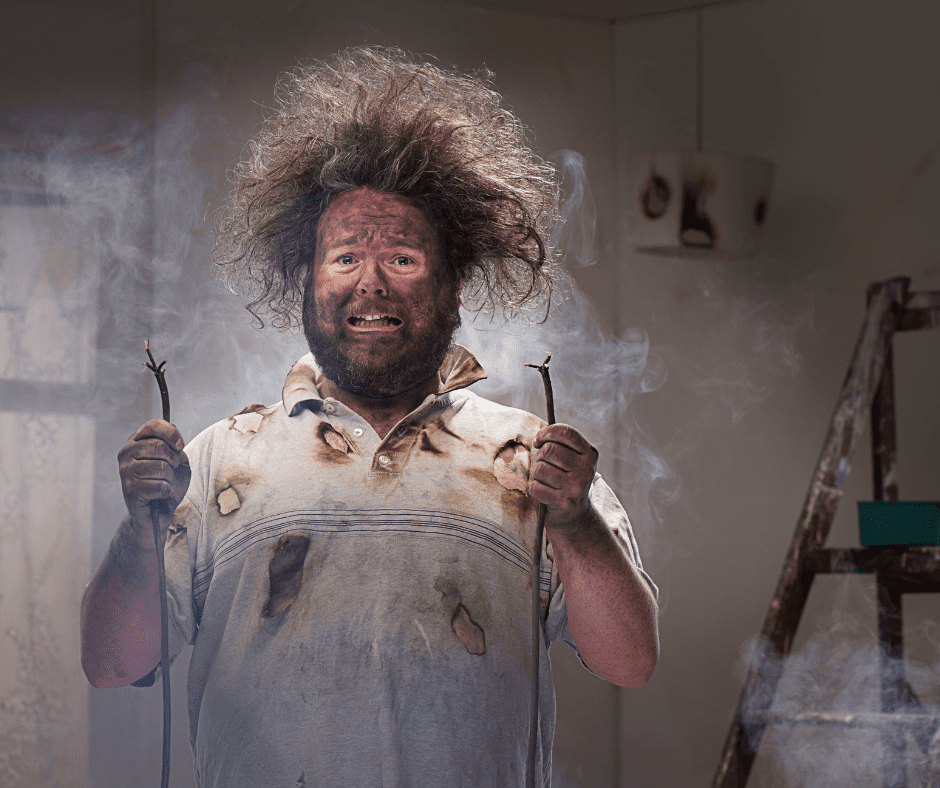In the age of online tutorials and home improvement shows, tackling home repairs yourself can be tempting. While painting a room or fixing a leaky faucet may be within the capabilities of many homeowners, electrical work is a whole different ball game. Attempting DIY electrical work without proper training and knowledge can be dangerous and potentially life-threatening. Here are some critical risks associated with handling electrical tasks on your own.
1. Risk of Electric Shock
Electric shock is one of the most immediate and serious risks of DIY electrical work. Even low-voltage systems can deliver a harmful jolt if mishandled. Severe electric shocks can cause burns, nerve damage, heart arrhythmia, or even death. Misunderstanding circuit layouts or failing to turn off the correct breaker can put you at risk.
2. Fire Hazards
Incorrectly installed electrical components are a leading cause of residential fires. Poorly connected wires, overloaded circuits, and improper materials can generate heat and spark fires behind walls. Electrical fires can smolder unnoticed before erupting into a dangerous blaze, endangering lives and property.
3. Code Violations
Electrical work must comply with local building codes to ensure safety and reliability. DIYers may not be familiar with these regulations, leading to installations that do not meet safety standards. Unpermitted electrical work can cause issues when selling your home, increase insurance premiums, or even result in fines.
4. Long-Term Safety Risks
Even if a DIY electrical job appears to work fine initially, hidden defects may pose long-term risks. Loose connections, inadequate grounding, or improperly rated components can cause equipment failure, electrocution, or future fire hazards. These problems might not be immediately apparent but can manifest weeks or years later.
5. Insurance and Liability Issues
Improper electrical work can void home insurance policies. Your insurance company may refuse to cover the damages if a fire or injury results from unlicensed electrical repairs. Additionally, homeowners may be legally liable for any injuries due to faulty wiring.
When to Call a Professional
It’s best to leave electrical work to licensed professionals with the training and experience to perform it safely and correctly. Tasks such as wiring new circuits, installing outlets, or upgrading your electrical panel should always be handled by a qualified electrician. Hiring a professional ensures compliance with local codes, protects your home, and most importantly, keeps you and your family safe.
While DIY projects can be rewarding and cost-effective, electrical work is not an area to cut corners. The risks far outweigh the potential savings. Prioritize safety by recognizing the dangers of DIY electrical work and relying on licensed electricians to handle any electrical repairs or upgrades. Your life and home are worth the investment in professional expertise.


0 Comments